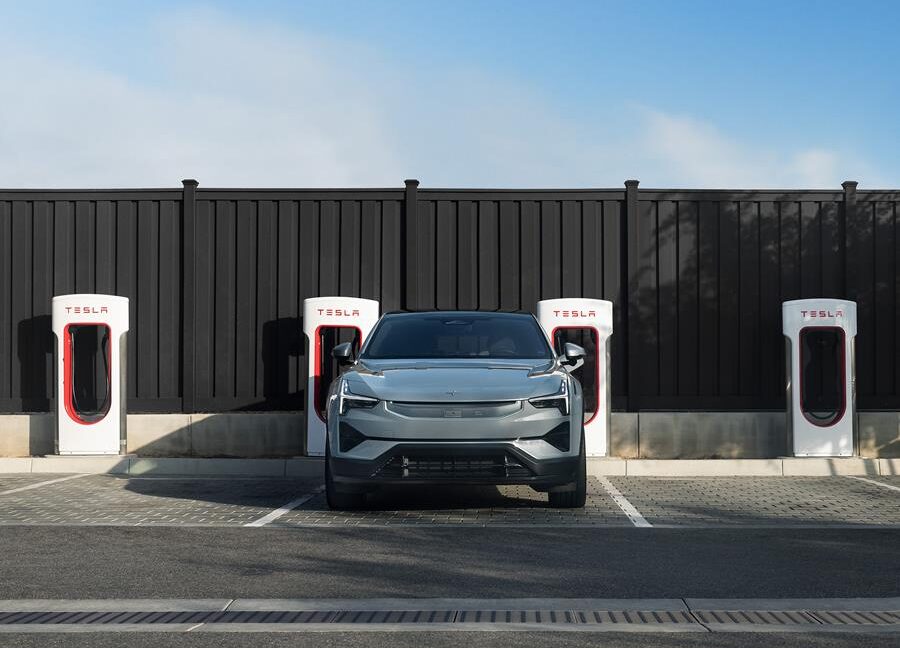
Polestar has more than a few issues with the proposed rule, according to its public comment. For one, the definition is too broad and “creates crippling uncertainty for businesses.” A better-defined list would be helpful here, it says.
Polestar also says that “if a large portion of manufacturing or software development is occurring outside of the country of a foreign adversary, mere ownership should not be the determinative factor for applying the various prohibitions within the Proposed Rule.” Polestar is a US-organized company and a subsidiary of a UK publicly limited company that is listed on the NASDAQ exchange in New York. Its HQ is in Sweden, and seven out of 10 board members are from Europe or the USA. It builds Polestar 3 SUVs in South Carolina and will build the Polestar 4 in South Korea from next year. In fact, out of 2,800 employees, only 280 are based in China, Polestar says.
With the company’s “key decision-makers” being in Sweden, there is little reason to believe the national security concerns apply here, the company says, saying that the US Commerce Department should consider whether it has gone too far.
Polestar may be the most affected automaker by the new rule, but it is not the only one. Last month, the Commerce Department told Ford and General Motors that imports of the Lincoln Nautilus and Buick Envision—both of which are made in China—would also have to cease under the new rule.

